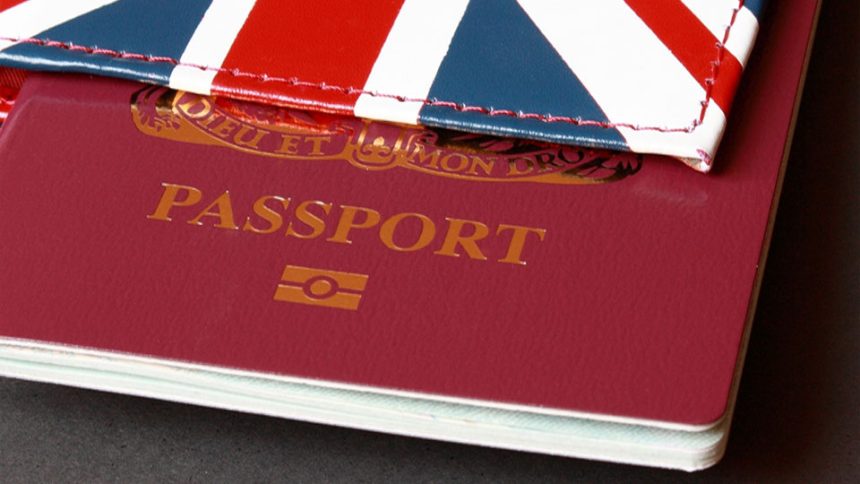If you’re an entrepreneur or an investor looking to expand your business into the UK, getting a UK Business Visa is your first step. The UK offers numerous opportunities for professionals, and having the right visa can open doors to growth, partnerships, and success. But how do you go about securing one? This guide covers everything you need to know, from types of visas to the application process and tips for success.
Types of UK Business Visas
1. Innovator Visa
Designed for experienced business professionals with innovative business ideas, requiring a minimum investment of £50,000.
2. Start-up Visa
Ideal for new entrepreneurs with high-potential business ideas but no initial funding requirement.
3. Sole Representative Visa
For employees of overseas companies planning to set up a UK branch or subsidiary.
4. Tier 1 Investor Visa
Aimed at high-net-worth individuals investing at least £2 million in the UK economy.
Eligibility Criteria for UK Business Visa
To qualify, applicants must:
- Have a viable business plan
- Meet the financial investment requirement
- Demonstrate English proficiency
- Pass a background and character assessment
Application Process for UK Business Visa
Step 1: Choose the Right Visa Type
Selecting the appropriate visa based on business objectives.
Step 2: Gather Required Documents
Common documents include:
- Passport
- Business plan
- Financial statements
- Proof of English proficiency
Step 3: Apply Online
Submit your application via the UK government website and pay the relevant fees. UK VISA BLOG
Step 4: Attend Biometrics Appointment
Provide fingerprints and photographs at a designated center.
Step 5: Wait for a Decision
Processing times vary from a few weeks to months.
Processing Time and Fees
- Standard processing: 3-8 weeks
- Expedited options: Available for additional fees
- Visa fees: Vary by type, starting from £363 for a Start-up Visa
Benefits of UK Business Visa
- Access to a strong economy and global business hub
- Ability to bring family members
- Potential pathway to permanent residency
Common Reasons for UK Business Visa Rejection
- Insufficient funds
- Incomplete or incorrect application
- Weak business proposal
How to Avoid UK Business Visa Rejection
- Ensure all documents are complete and accurate
- Present a strong business plan
- Seek legal or professional advice
Extending or Switching UK Business Visa
- Extensions granted if business progress meets expectations
- Switching to visas like Skilled Worker Visa is possible
- After 5 years, permanent residency may be an option
UK Business Visa vs. Other Business Visas
Compared to US, Canada, and Australia, the UK offers a more structured pathway to settlement and economic benefits.
Tips for a Successful UK Business Visa Application
- Consult with immigration professionals
- Prepare for potential interviews
- Show financial stability and strong business potential
Challenges Faced by Business Visa Applicants
- Bureaucratic delays
- Stringent eligibility requirements
- Market adaptation hurdles
Impact of UK Business Visa on Entrepreneurs
- Many businesses have thrived under this program
- Case studies show positive economic contributions
UK Visa Blog: Keeping Up with Business Visa Updates
A UK Visa Blog is essential for staying updated on policy changes, application tips, and government regulations.
Conclusion
Getting a UK Business Visa is a significant step toward expanding your business into one of the world’s strongest economies. With proper planning, documentation, and strategy, you can secure your visa and thrive in the UK market.





